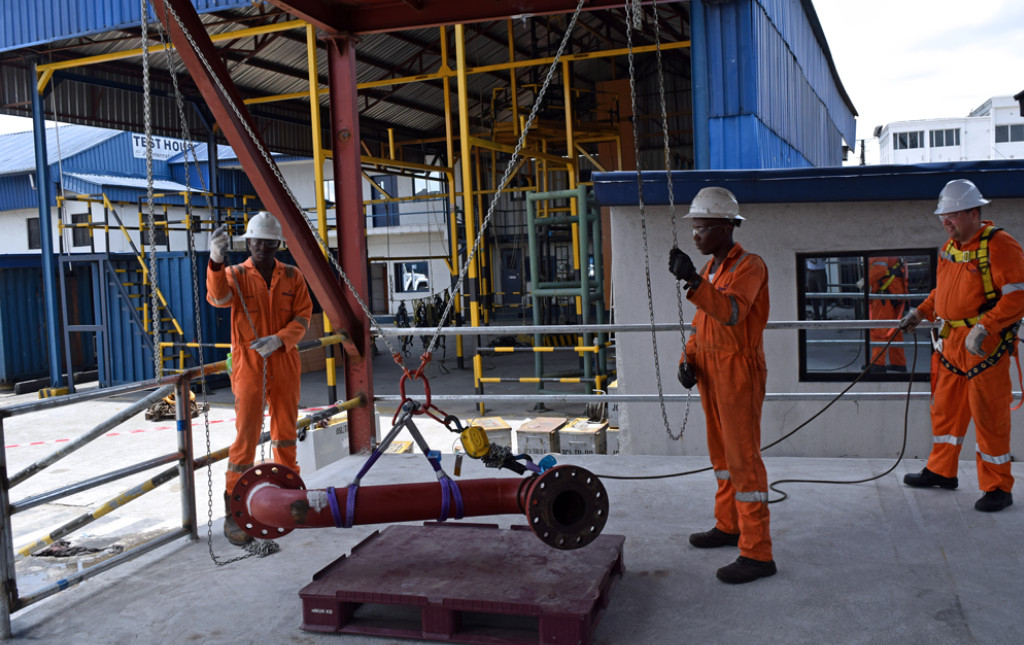bookmark_border
Category

What Will I Learn?
Riggers Training Outline
- Definitions and Terminology – The responsible person. The Rigger, working load limit, safe working load, the factor of safety, mass and force units, test and examination, test and thorough examination etc.
- The Law Consideration of the requirements of the law under the health and Safety at Work Act, personal liability, and legal obligations relating to the use of lifting equipment. Includes an explanation of current British and European Law.
- Video – ‘Plan your slinging’ A systematic approach to slinging operations.
- Force Influences – How to calculate the forces present in slings and other lifting equipment under given loading conditions. Consideration of the ‘uniform load’ and ‘trigonometric rating of slings.
Riggers Training Course Objective
At the end of this Riggers Training course, participants should be able to:
- Demonstrate knowledge of the basic requirements of legislation, their legal obligations, and responsibilities.
- Demonstrate knowledge of force influences, sling configurations, and safety precautions.
- Estimate load weights.
- Select appropriate lifting equipment for each lift.
- Carry out a pre-use inspection of lifting equipment.
- Use appropriate hand signals.
- Carry out successful lifting operations safely.
Course Outline
Practicals for the Riggers Training Course.
- Choosing the right sling for the job – Consideration of the different types of slings available, the advantages and disadvantages of each type. Pre-use Inspections.
- How much does it weigh? – The most fundamental question for any rigger in a slinging operation. Guidance on the estimation of loads of unknown weight.
- Slinging accessories – Hooks, shortening clutches, rigging screws, wire rope grips etc. The correct choice and proper use.
- Slinging operations and assessments – Questions to ask, ‘Do’s and Don’ts, crane signals and Personal Protective Equipment (PPE)
- Written Assessment
Candidates are assessed both theoretically and practically in the course of the training against the requisite course objectives [Course content not vetted by IADC as part of DIT accreditation].
ACCREDITATION AND PROFESSIONAL MEMBERSHIPS



